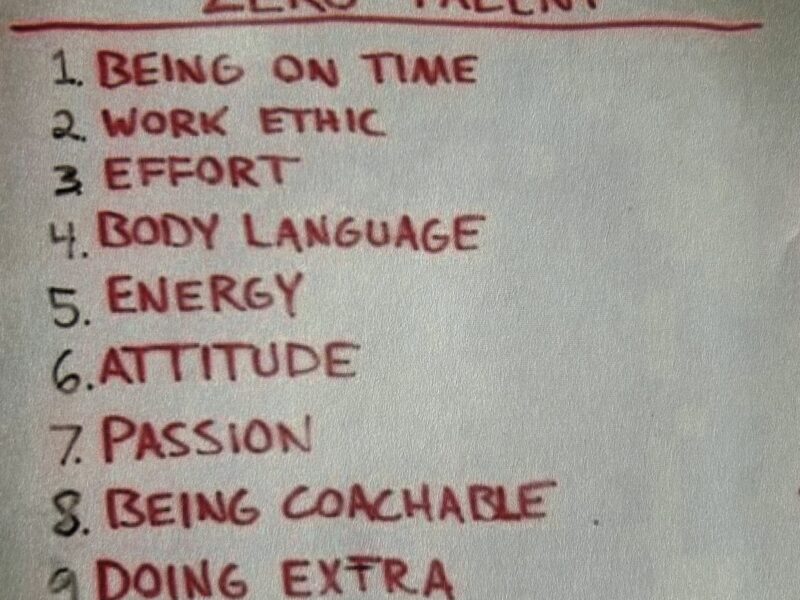Book #2: The Sequel – 5 Rules for… Parents
Since writing Book #1, many parents have asked me for tips on how they might optimize their son or daughter’s college experience. Furthermore, during my talks with high school seniors, I began to notice more and more parents in the audience. Hence, I formulated 5 rules for parents and proceeded to weave them into my talks.
After one of my talks, my father, an active educator with over 60 years of experience working with students and families, observed that just about all of my “parent rules” seemed focused on parents’ need to “let go” of their children. I agree. If the most important priority for students is to go to class, then the most important priority for parents is to step aside.
Years ago, I heard parent/family expert Michael Riera describe what he called the “manager vs. consultant” dynamic relative to parenting. If you are a parent sending a child off to college, consider the idea that you have been your child’s primary manager for 18 years. When you drop your child off at college, it’s time to assume a new role. So, make sure that you have been fired… as manager. (And if your child hasn’t fired you, then promptly resign.) As sad and difficult as this may be, know that if you play your cards right, you will eventually be re-hired as a consultant. And being a consultant has it all over being a manager. Best of all, it frees you up to start thinking about how to get back to focusing on your own life!
As with Book #1, the 5 Rules for Parents are accompanied by anecdotes and techniques gleaned from interviews I conducted with parents who have sent children to college. A summary of the 5 rules for parents follows.
5 Rules for… Parents
Rule No. 1 – Make Them Pay for Something
Regardless of where you fall on the vast spectrum of financial means, your son or daughter ought to have some “skin in the game.” I’ve observed that students who assume some financial responsibility for their education – anything from taking on partial loan obligations to paying for books and clothes – generally perform better than those who don’t.
Rule No. 2 – Wait for their Call
Here’s a simple test: After you drop your child off for new student orientation, have your next phone conversation be initiated by him or her. Resist the urge to call before you even get out of the dormitory parking lot. The mother of a Syracuse student told me about the Pursuer-Distancer Dynamic: “When I pursued him with phone calls and emails, he resisted. Then when I stopped pursuing, he started calling me.” She further observed, “I get a kick out of it when he calls and asks, “Why haven’t you called me lately?’”
Rule No. 3 – Step Aside and Make Way for New Mentors
This rule calls upon you, the parent, to step aside and allow new mentors to enter your child’s life. (Consider the possibility that your highly involved role may have even prevented your child from developing the ability to connect with mentors.) College offers a wealth of dynamic people who can make a huge difference in your child’s life. Step aside and let it happen.
Rule No. 4 – Is This My Issue?
This rule is actually a mantra that I ask parents to internalize when they are engaged in communications with their college child. Should your child call complaining about his/her roommate, the food, the course load, a poor exam grade, or an overly demanding professor, ask yourself, “Is this my issue?” Try to have your go-to answer be “No.”
Rule No. 5 – Get Curious
Any and all college websites tout the promise of graduating life-long learners. And when you get right down to it, isn’t that the point? While I don’t believe he had children, there is a quote attributed to author James Baldwin that I have used many times when working with families: “Children have never been very good at listening to their elders, but they never fail to imitate them.” If you, mom or dad, commit to being a life-long learner, you will be sending a powerful message to your child. Even if he/she jokes about it or scoffs at it, they are paying attention all the time, and that may be one of the greatest legacies you can give them.
When all is said…er, written… and done, it is my hope that the 5 Rules for Parents, combined with the 5 Rules for Students, will add up to a fail-proof program that will ensure “the best four years of your life.”
Onward,
Malcolm Gauld
Bath, Maine


